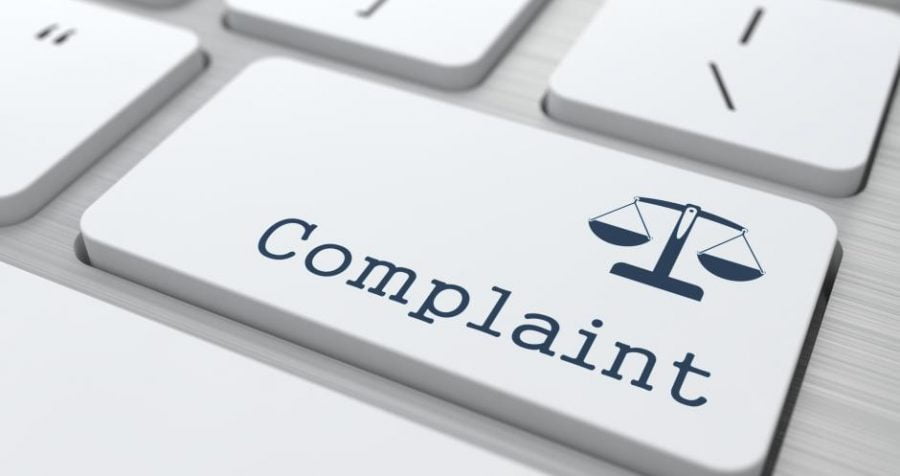Written by Maryam Salehijam (RDO) | Edited by Josh Lee
International commercial courts (“ICCs”) have been gaining attention as a new forum for the resolution of commercial disputes. Notable examples include the London Commercial Court, the Dubai International Financial Centre Courts (“DIFCC”), the Netherlands Commercial Courts, and the Singapore International Commercial Courts (“SICC”). There are commentaries and articles that discuss the purpose of ICCs and how they complement arbitration in the international dispute resolution landscape. This article does not intend to wade into that well-traversed discourse. Suffice it to say that ICCs broadly serve the following purposes:
- Provide a platform for cases that are better suited for a process that is “relatively open and transparent, equipped with appellate mechanisms, the options of consolidation and joinder, and the assurance of a court judgment”[1];
- Allow disputants to avoid problems faced by arbitration (e.g. increasing judicialization and laboriousness in process resulting in delays accompanied by rising costs, unpredictability in the enforcement of arbitral awards, or lack of consistency in arbitral decisions)[2]; and
- Facilitate the harmonisation of commercial laws and practices.
As ICCs are a modern development, they have attempted to incorporate modern technologies to enhance their ability to deal with the cross-border, large-scale nature of the cases that they deal with. This article takes a quick look at the following two questions:
- To what extent should the adoption of technology be a priority for an ICC?
- Would ICCs be able to leverage the upcoming wave of online dispute resolution (“ODR”)?





